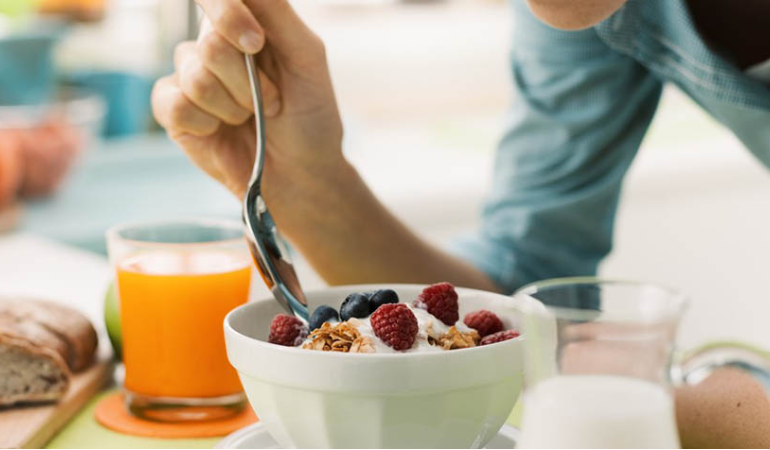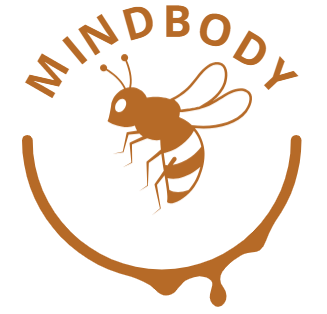
9 Science-Backed Foods That Can Help Fight Depression, According to Doctors

When you’re feeling down, the last thing on your mind might be eating a healthy, balanced meal full of fruits and vegetables. You might prefer snacking on chips or ordering takeout after a stressful day. During this time of year, seasonal affective disorder (SAD) can also make things worse, as we swap sunny walks for cozy time indoors. Unfortunately, consistently poor eating habits could end up making those depressive feelings even worse.
Depression is a common mood disorder affecting around 8.3% of Americans, according to the National Institute of Mental Health. It can cause sadness, brain fog, fatigue, irritability, and low energy. While it’s tempting to reach for comfort foods when feeling down, dietitians warn that processed foods and added sugar could actually make your mood worse in the long run.
According to psychiatrist Uma Naidoo, MD, eating unhealthy foods regularly can harm your gut, which in turn can affect your overall mood. A healthy diet helps maintain a balanced gut, supporting mental health. Experts believe good nutrition can help improve depression symptoms alongside medical treatment like therapy and medication. Following a Mediterranean diet, rich in vegetables and healthy fats, might help boost mood over time.
Registered dietitian Bree Phillips explains that since 90% of serotonin (the mood-boosting chemical) is produced in the gut, it’s essential to protect our microbiome by eating foods that support digestion, such as fiber and probiotic-rich foods.
We asked Phillips and Naidoo for their top research-backed food recommendations that can help with symptoms of depression, targeting fatigue, low mood, and irritability. Here are the best foods to include in your diet:
- Salmon – Rich in vitamin D, salmon can help with symptoms of mood disorders like depression and anxiety. Low vitamin D levels can make fatigue and low mood worse.
- Nuts – Snacking on nuts like cashews and almonds, which are high in Omega-3 fatty acids, can boost long-term well-being.
- Chickpeas – High-fiber foods like chickpeas help support the gut microbiome, which is linked to emotional health and stress management.
- Kimchi – Fermented foods like kimchi can improve gut health and balance your microbiome.
- Hemp Seeds – Packed with antioxidants and Omega-3s, hemp seeds are a great way to improve overall health. Add them to your yogurt or even mix them into meatballs for extra nutrients.
- Berries – Instead of sugary treats, try having a homemade smoothie or fresh berries. Studies suggest that eating fruit regularly may be linked to fewer symptoms of depression.
- Miso – Miso, along with other fermented foods like kombucha, contains probiotics that can promote healthy bacteria in the gut and potentially improve mood.
- Eggs – Eggs are full of protein and essential nutrients. Some studies suggest that eating eggs, along with other Omega-3 rich foods, could help reduce depression and other mood disorders in older adults.
- Bell Peppers – Bell peppers are rich in vitamins A, C, and B6, which may help reduce stress and depression. Studies have shown that B6 supplements can combat depression, and bell peppers are a great source of this nutrient.
By focusing on whole, nutrient-dense foods, you can support both your physical and mental health, helping to alleviate symptoms of depression over time.





